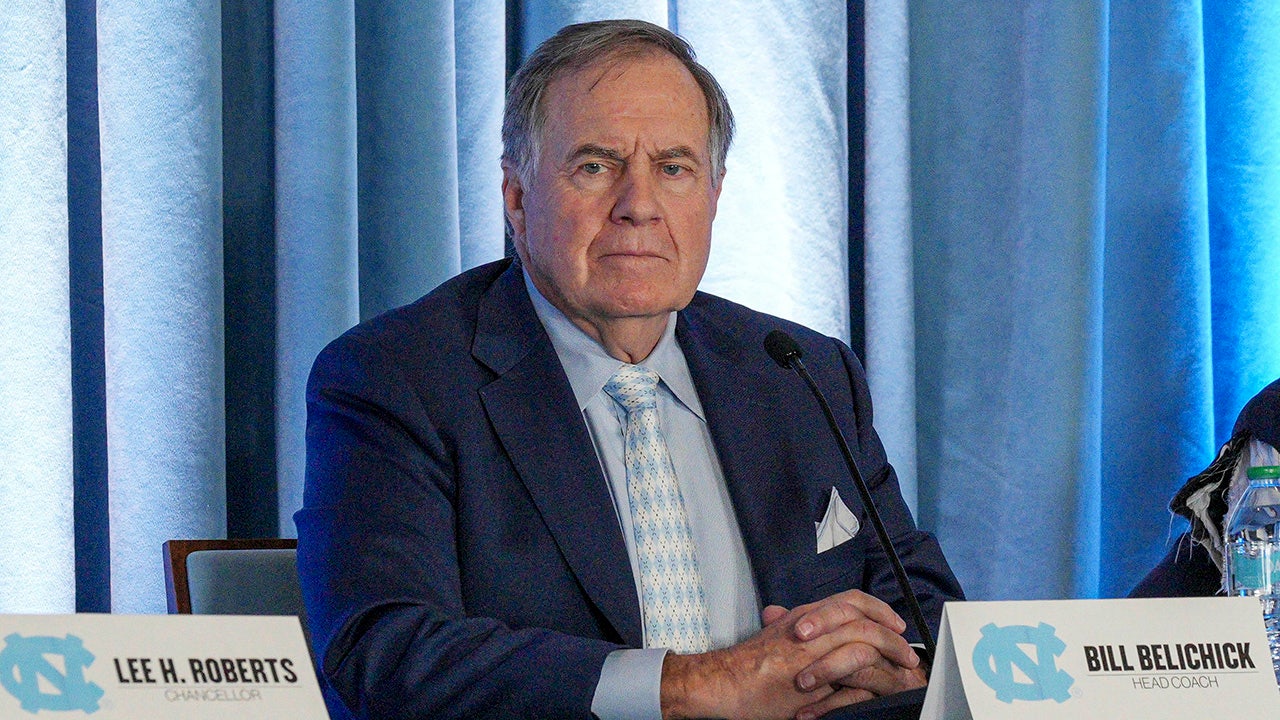NEWYou can now listen to articles!
The baby bust and its potentially catastrophic consequences garnered both worldwide and national attention.
Elon Musk recently warned again that America’s declining birth rate poses a greater threat to civilization than climate change or war. “If we don’t have kids, there’s no civilization,” he wrote on X.
New research from the Institute for Family Studies shows his techno-polygamous solution and lifestyle is neither a good approach for society nor is it a particularly good approach for his children.
Married people continue to enjoy above replacement levels of fertility. (iStock)
It’s important to recognize that in the United States, our flight from marriage –and the mindset that has driven it – is causing our fertility collapse. Married people continue to enjoy above replacement levels of fertility. The challenge is there are far too few married people today.
AMERICA, LET’S MAKE FAMILIES GREAT AGAIN
To provide policy incentive, reports have emerged that President Donald Trump’s administration is considering a $5,000 “baby bonus” for new moms. The administration should focus that incentive on married fertility.
The American left has long understood that the law is a moral teacher, and they have gleefully used it increasingly to teach their own, continuously changing brand of morality. The recent Supreme Court case, Mahmoud vs. Taylor, where progressives have shoved radical sexual ideology onto 5-year-olds, is only one small vivid example of this trend.
So, the law ought not to be agnostic on what kind of fertility is beneficial to the thriving of the state and its citizens. A mountain of research has shown that children born to married homes, on average, flourish more on nearly every level.
WE REPLACED FAMILIES WITH UNCLE SAM. DOGE MUST MAKE THE RIGHT CHOICES WHEN CUTTING
These children cost the state far less. They are many times less likely to require massive state and charitable investment to mitigate the long-term consequences born out of their homelife.
We should coolly remind the “trust the science” crowd that kids, adults and society disproportionately benefit from married families. And, historically, the married, two-parent family is what made the West become the most advanced civilization in world history.
We’ve known this for decades. Carl Zimmerman, a Harvard sociologist writing in the 1940s, identified the three family structures that have shaped civilizations: the trustee family, the domestic family and the atomized family.
In a trustee family, the extended family is sacred, and the individual is subordinate to the good of the group. This model appears in times when state power is weak – like among early American settlers who relied on tight-knit clans to survive.
THE CHILDREN WE LEFT BEHIND: A RECKONING WITH AMERICA’S GROWING FATHERLESSNESS
As societies matured, they often evolve into the domestic family model, which strikes a balance between personal freedom and family obligation. This structure fosters the trust, stability and cohesion that enable markets, institutions and democratic norms to flourish.
Zimmerman traced the rise of this family model to periods of cultural and civilizational growth – such as in medieval Europe, when Christian teaching helped reweave the social fabric after Rome’s collapse.
History also shows what happens next. The atomized family has once again become dominant, and we’re witnessing the consequences in real-time.
THIS WAR OF WORDS IS FRIGHTENING YOUNG PEOPLE INTO NOT HAVING CHILDREN
In this model, the individual is supreme, and familial obligations dissolve. Marriage becomes a contract of convenience, easily entered and easily exited. Children are often viewed as optional or even burdensome. Zimmerman warned that when this model dominates, societies become increasingly self-absorbed, unstable and violent.
That’s precisely where we find ourselves today. Mental health crises, youth suicides and mass loneliness are rampant. Birth rates are declining not only in the U.S. but across the developed world. Communities are disintegrating as social trust erodes and isolation increases.
Can government policy reverse this trend? There is lots of evidence we need a revival of Christian faith. But we also know from the Civil Rights Movement that the law can serve a critical role as a moral teacher. The proposed “baby bonus” – if tied to married fertility – could provide powerful moral voice that would have the effect of amplifying private action and stirring revival.
CLICK HERE TO GET THE OPINION NEWSLETTER
The church can lead here. Despite all this brokenness, two-thirds of Gen Z still say they’re excited about marriage. The hunger for family hasn’t disappeared – it’s just been starved of vision, guidance and hope. All the dating apps on earth have only cheapened human connections at a time when 85% of churches spend nothing on relationship and marriage ministry.
There is such an opportunity for churches to provide “in real life” community that can lead to the relationship revolution that will produce the next baby boom.
Throughout history, the Christian faith has been the dominant force for civilizational renewal. After the fall of Rome, church leaders like Augustine and Basil the Great promoted the domestic family as a stabilizing force. Their vision helped usher in the High Middle Ages – a time of increased social trust, the birth of universities, and the rise of modern markets and law.
CLICK HERE TO GET THE APP
Today, we need a similar renewal. Washington and Wall Street can play some role. But the bigger role is to be played in the home and the local church. If every believer committed to nurturing healthy, faith-filled relationships – and every church committed to equipping them – we could spark a cultural shift more powerful than any policy proposal.
This is not naive optimism. It’s historically grounded hope. The fall of past civilizations was not inevitable – and neither is ours. The family can be rebuilt. Marriage can be restored. Communities can be renewed. But it requires vision, courage and commitment.
CLICK HERE TO READ MORE FROM J.P. DE GANCE













